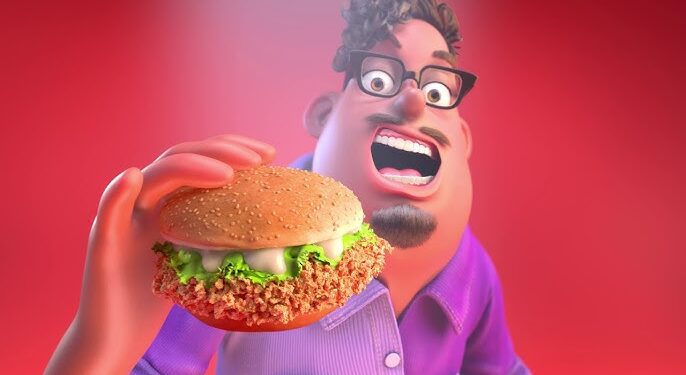Just Eat Takeaway is on the verge of selling Grubhub to Wonder, a restaurant chain concentrated on delivery operations, for $650 million, just four years after its acquisition of the U.S. food delivery service in a deal worth billions. The Dutch food delivery enterprise, the largest in Europe, has been contemplating its exit from the U.S. market since 2022 following a challenging experience.
Grubhub faces challenges with stagnant growth, seeks transformation under Wonder
Just Eat Takeaway purchased Grubhub in a substantial $7.3 billion transaction in June 2020, trying to build the largest food delivery operation globally outside of China. However, this decision has turned out to be ill-fated for Just Eat Takeaway, with reports indicating that its stock value has plummeted nearly 90% since the deal.
Grubhub has encountered difficulties in a market led by DoorDash, which holds a notable 67% market share, and by Uber Eats, the top player in food delivery outside of China. With GrubHub stepping back, Just Eat Takeaway is redirecting its focus back to Europe, especially in the U.K. and the Netherlands, where it has consistently been the dominant player. Despite Uber Eats’ international presence, Just Eat Takeaway maintains a higher market share in regions such as the U.K., where drivers often earn more per hour compared to those affiliated with Uber Eats.
A food delivery super app: Wonder’s strategy for differentiation
With Just Eat Takeaway stepping back, Wonder plans to renew Grubhub and weave it into its main framework. By utilizing Grubhub’s network of restaurants and customer base, the food delivery organization seeks to revolutionize the concepts of food preparation and delivery.
Wonder’s distinctive service model integrates the entire process from cooking to delivery. Launching this ambitious venture in early 2024, Wonder has secured $700 million in financing to create what it refers to as the “super app of mealtime.” This comprehensive platform will enable customers to place orders from as many as 30 different restaurants in one transaction, with meals delivered in approximately half an hour. These restaurants are effectively just menu offerings linked to a collaborative team of chefs, without a physical presence outside the Wonder network.
A “delivery-first food hall”
In an interview with Restaurant Business, Wonder’s founder, Marc Lore, described their cooking spaces as a “delivery-first food hall”—a 2,800-square-foot kitchen crafted to provide “fully integrated, high-quality, delivery-only food.” These innovative facilities consolidate several restaurant concepts under a single roof, where chefs work in concert to enhance operational efficiency. With Wonder, you can order anything from a cheesesteak to zucchini souvlaki—and have them all come in one delivery. This convenience and flexibility is what they aspire will encourage customers to abandon conventional courier services for good.
As of March 2024, Grubhub possesses a mere 8% of the U.S. meal delivery market, facing significant challenges amid these shifts. Wonder views this as a prime opportunity, leveraging Grubhub’s established network of drivers and its delivery technology to energize its bold vision and rejuvenate both brands within a highly competitive environment. Unlike other services, Wonder’s selections are exclusive to its platform, ensuring a cohesive experience, where any errors can be promptly corrected. This model aims to eradicate slow delivery times, unreliable drivers, and miscommunication between customers and their orders.
“This could be the Amazon of food and beverage,” Lore expressed in an interview with The New York Times.
Changing food delivery from an occasional treat to a daily necessity
At the core of Lore’s aspirations for Wonder lies adaptability—transforming food delivery from a rare indulgence into an everyday necessity. While Wonder seeks to evolve into a “super app” for meal time, it is still working on clarifying what that means, which may actually be beneficial. Concentrating on convenience and rapid deliveries might catch attention, but to leave a lasting impact, Wonder must prove that it’s providing something essential that consumers will rely on regularly.


